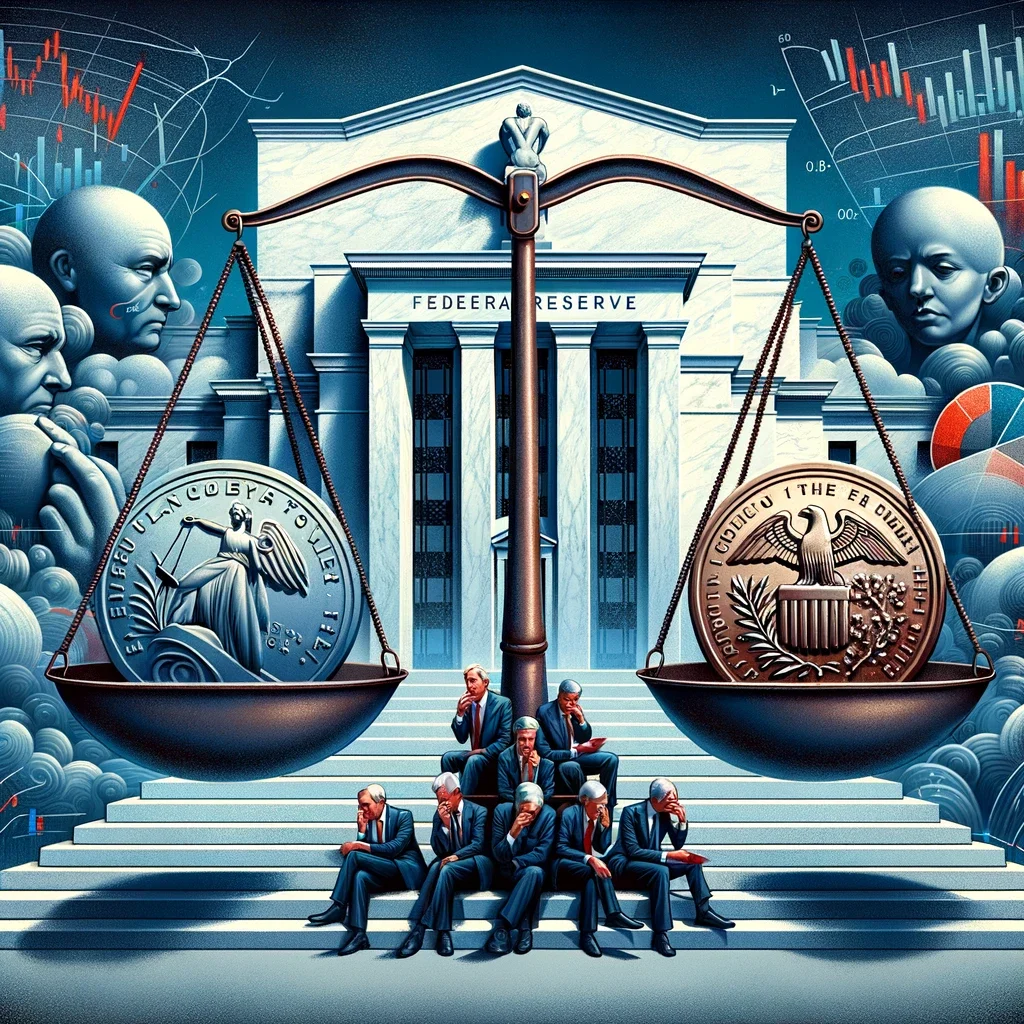Nathaniel Chastain, a former product manager at OpenSea, was convicted of wire fraud and money laundering in a New York federal court. Chastain was charged with insider trading of non-fungible tokens (NFTs), a type of digital asset that has gained popularity in recent years. According to prosecutors, Chastain used his position at OpenSea to select NFTs that would be featured on the company’s marketplace. He then allegedly purchased the NFTs and sold them at a profit.
Court delivers former OpenSea employee’s verdict
Chastain’s trial, which began on April 24, has been closely monitored by legal experts specializing in crypto-related issues. The outcome of the case may have implications for the wider NFT market, as it could impact whether NFTs are considered securities. The use of NFTs has grown significantly in recent years, and this case highlights the need for increased regulation and oversight in the rapidly evolving world of digital assets.
The conviction of Chastain and the charges against the Wahi brothers, who were also charged with insider trading of cryptocurrencies in a separate case, underscore the importance of ethical conduct and adherence to confidentiality agreements in the crypto industry. Nikhil Wahi, the brother of former Coinbase employee Ishan Wahi, pleaded guilty to the charges in September.
Chastain’s defense attorney argued that his client was not guilty because he had not been explicitly told that the information he had access to was confidential. However, the prosecution argued that Chastain knew he was breaking the law and had used anonymous OpenSea accounts to make the trades in an attempt to avoid detection.
The conviction will help regulators shape digital collectibles laws
The conviction of Chastain marks the first time that someone has been convicted for using privileged knowledge to trade NFTs. It remains to be seen how this case will impact the NFT market and the wider crypto industry as a whole. However, it is clear that as the use of blockchain technology and cryptocurrencies becomes more widespread, we are likely to see more cases like these in the future.
One possible outcome of the case could be increased scrutiny of NFT marketplaces like OpenSea. While NFTs are not considered securities under current US law, regulators may take a closer look at the industry to ensure that consumers are not being defrauded. This could lead to increased regulation of the industry, which could have both positive and negative effects.
On the one hand, increased regulation could help to legitimize the industry and give consumers greater confidence in NFTs. On the other hand, it could also stifle innovation and make it more difficult for new companies to enter the market. It is therefore important to strike a balance between regulation and innovation and to ensure that the benefits of NFTs are realized while minimizing the risks.
The conviction of Nathaniel Chastain for insider trading of NFTs highlights the need for increased regulation and oversight in the rapidly evolving world of digital assets. While the impact of the case on the NFT market remains to be seen, it is clear that the use of blockchain technology and cryptocurrencies have become more widespread.





